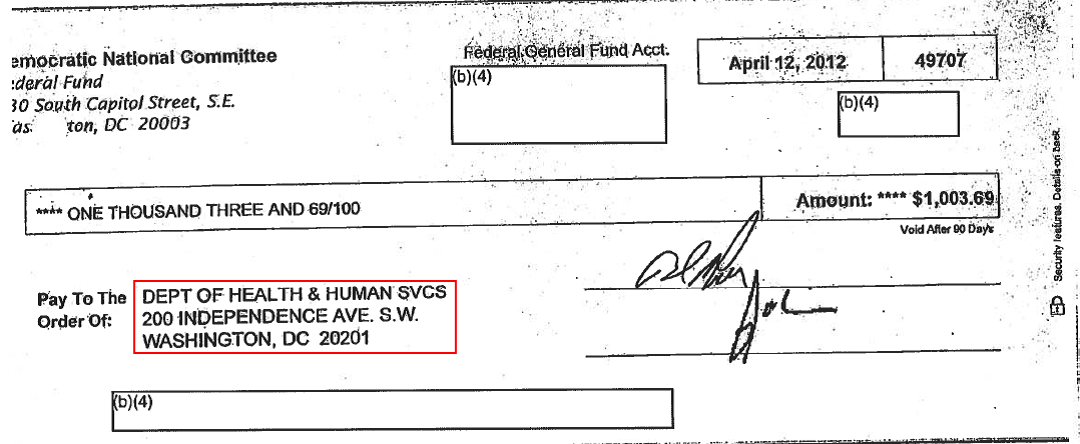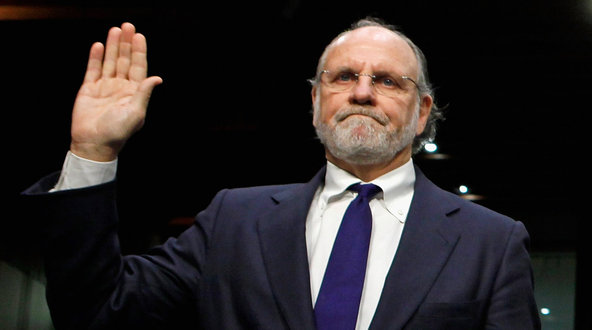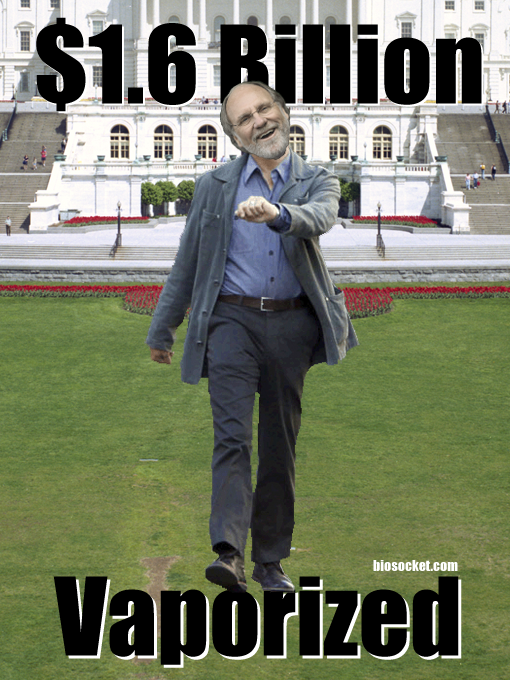Congress Is Not the Answer: How We Really Should Be Investigating the IRS | Commentary
By Dan Epstein June 11, 2013, 5 a.m.
Three congressional committees were authorized to (and seemingly did) begin investigations in 2010 of the IRS’ political targeting, yet none of them were able to reveal what the Treasury Inspector General for Tax Administration reported last month.
Even though TIGTA head J. Russell George has now appeared before multiple committees, no one has questioned why TIGTA chose to examine the IRS’ politicization through an audit instead of an investigation. The Inspector General Act authorizes TIGTA to obtain the production of documentary evidence by subpoenas, yet TIGTA issued none. Item 2 of Treasury Order 115-01 authorizes TIGTA to conduct investigations, issue subpoenas, bring criminal enforcement actions and make referrals to the attorney general for prosecution. Yet none of this happened.
The much-publicized House Oversight and Government Reform Committee hearing on the subject revealed that former IRS Exempt Organizations Director Lois Lerner may have improperly received immunity by taking the Fifth only after pleading her innocence in an opening statement. The White House has claimed executive privilege, refusing to provide information to congressional oversight committees — and without independent prosecutorial authority, Congress can do little other than issue contempt charges, which this administration views as little more than a slap on the wrist. When Attorney General Eric H. Holder Jr. denied Congress information concerning the “Fast and Furious” scandal, Congress issued a subpoena, held him in contempt, then filed a civil lawsuit, which, as of March, is in mediation; most recently, the DOJ has filed motions to dismiss the case entirely.
Chairmen of both the House Ways and Means Committee and the Senate Finance Committee have authority under the tax code to investigate the IRS issues. Under federal law, the Ways and Means Republicans in the House must keep their investigation secret from Finance Republicans in the Senate just like the Senate Finance Democrats must not share protected information with Ways and Means Democrats. That means that not only is there a self-imposed limit to what Congress can do, there is the added dimension of partisanship: both Sen. Max Baucus, D-Mont., and Rep. Dave Camp, R-Mich., are forced to keep Sen. Orrin G. Hatch, R-Utah, in the dark.
If partisanship were not an issue, Congress should have established a committee that under 6103(f)(3) could be empowered with virtually unlimited investigative authority. But that hasn’t happened. Additionally, Congress always has the ability to appoint its own special counsel to investigate the IRS, as well as hire an outside counsel to advise it in its investigations. That hasn’t happened either.
Congress, in 1999, took away DOJ’s power to demand the D.C. Circuit appoint an independent counsel with prosecutorial power equal to the attorney general when high-ranking officials in the federal government engaged in criminal wrongdoing. However, the attorney general (or acting attorney general, in cases in which the attorney general is recused) is still authorized to appoint a special counsel when a criminal investigation of a person or matter is warranted so long as two conditions are met: an investigation or prosecution by a U.S. Attorney’s Office or litigating division of the DOJ would present a conflict of interest, and the public interest requires appointment of counsel independent from the DOJ. We therefore can infer that Holder’s decision to not appoint a special counsel, and instead ask the FBI to investigate the IRS, suggests that Holder believes no “conflict of interest” exists and it’s not in “the public interest” to have any outside scrutiny of the IRS.
Having exhausted the legislative and executive branch options, only the courts are left. Rule 53 of the Federal Rules of Civil Procedure would allow the federal courts, especially those hearing any of the current challenges to the IRS by tea party groups, to appoint what is called a “special master” to perform investigative and enforcement duties consented to by the parties in the dispute. This also includes authority to conduct an evidentiary hearing and exercise the appointing court’s power to compel, take and record evidence. With a gridlocked Congress and a White House pleading ignorance, the judiciary may be the only government institution capable of providing the thorough and accurate government accountability the American people deserve.
Dan Epstein is the executive director for Cause of Action.









